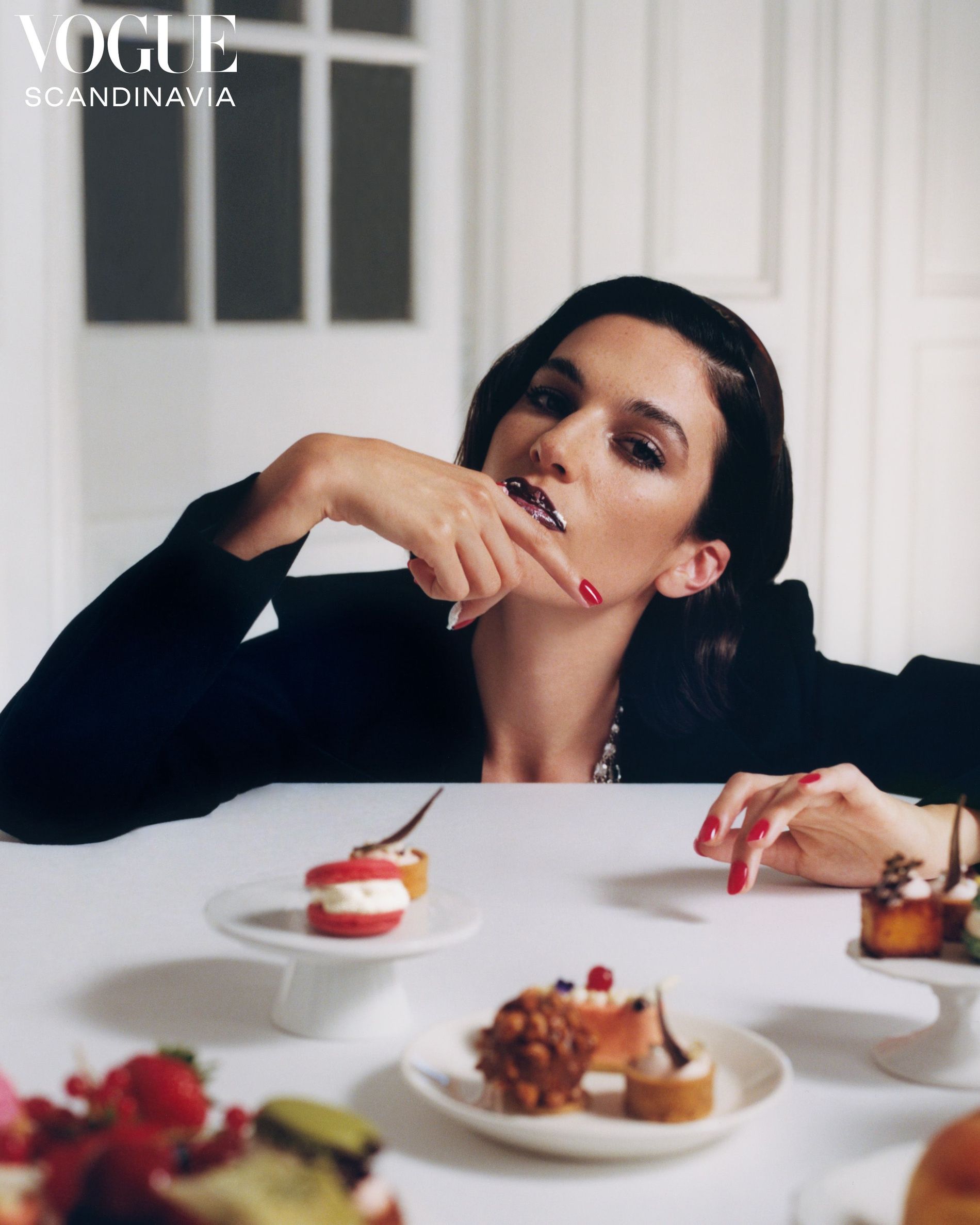Let the experts guide your new nightly routine. Discover how to optimise your eating schedule below:
For Resy enthusiasts or those burning the midnight oil, the best time to eat dinner is whenever you can snag that dream reservation or work in a meal into your busy schedule. But is that the healthiest choice? When should you actually be eating your last meal of the day? It turns out the answer to this is less straightforward than you might think
For starters, there is no set time that suits everyone; it really depends on you and your specific health needs. So before you go canceling plans or overhauling when to eat girl dinner, see what experts have to say about figuring out the best time to eat dinner below.
When is the best time to eat dinner?
The short answer to this question is that it depends on each person. Vanessa Rissetto, RD, registered dietitian and CEO of Culina Health, explains that different factors such as age and lifestyle all play into figuring out when to eat your last meal of the day. “If you’re a shift worker, for example, and work while everyone is asleep, then your timing [to eat] is different. As a general rule, I recommend eating within two hours of waking up and eating something every three to four hours,” says Risetto. While studies suggest that eating between 5 p.m. and 7 p.m. is beneficial for overall health, if that doesn’t fit your schedule, she says to try to stop eating at least three hours before bed to avoid issues like acid reflux.
“What’s more important is [eating] consistently at regular times throughout the day,” Perri Halperin, MS, RD, CDN, clinical nutrition coordinator at the Mount Sinai Health System. “You should be gradually hungry and gradually full in a repeating pattern every three to four hours or so.”

Photo: Benjamin Madgwick

Photo: Benjamin Madgwick
How to find the right dinner schedule for you
As mentioned above, there are a couple of different factors to consider when trying to create an eating schedule you can stick to. Halperin says that your work, hunger level, medications, daily activities, and other lifestyle habits should all be taken into consideration when figuring out when to eat any meal. “Work the timing as a general outline; it’s ideal to eat every three to four hours, with a two to three hour window before bedtime,” she says. “But more important than timing is making healthy choices. Having a healthy dinner is linked to [many] benefits, including stable blood sugar, weight maintenance, and improved sleep.”
Having an earlier dinner may benefit those struggling with certain digestive and health concerns. McKenzie Caldwell, RD, a registered dietitian and PCOS nutrition expert, says that those with acid reflux or chronic heartburn should consider earlier dinners to allow their food to fully digest before they lay down. Those with diabetes may notice better blood glucose outcomes if they eat three to four hours before bedtime. But Caldwell stresses that this is still all dependent on each person. Many cultures eat dinner late and other lifestyle factors may get in the way of an early dinner, so be sure to consult with your primary doctor to make sure you get a well-rounded meal at a time that works best for you.
Also, listen to your body—it will let you know when it needs food. “If you are eating well-rounded meals and snacks earlier in the day, your body is usually pretty efficient at telling you when it’s time to dine,” adds Caldwell. “Hunger cues can also help each person decide what time a full meal would feel good in their body in the evening.”

Photo: Benjamin Madgwick
Foods to Avoid Before Bed
No matter what time you eat dinner, there are certain foods that are best to avoid if you want to sleep well and take care of your overall health. Halperin says that fatty foods take longer to digest and may sit heavy in your stomach if eaten too late. This will cause indigestion and sleep. Caldwell adds that foods with high levels of caffeine can also disrupt your sleep (for obvious reasons) and that those who are sensitive to caffeine may find they can’t tolerate it well before bed.
Late Dinners Aren’t Always Bad
So do you have to give up that hard to get dinner reservation or say no to a friend’s birthday if it’s past 7 p.m.? Not necessarily. “Your body can digest and metabolize food at any time of day or night. While each individual’s experience might vary,” says Caldwell. “I’m a fan of eating when you’re hungry, even if it’s late at night.”
Halperin agrees and adds that your overall health determines when at night is best for you to eat. “Some people may be more sensitive to meal timing than others,” she says. “Thus reaping an even more noticeable benefit.” She lists managing low blood sugar and eating certain foods with amino acids to help you fall asleep as times where a later dinner might be beneficial.
Snacking at night—with healthy food—is also totally allowed. “If you’re hungry, then you should honor that hunger and definitely eat,” says Rissetto. “But we want to think about the kinds of things we are eating. If we are eating sugary foods close to bedtime, our body will do the work of digesting while we are asleep and this might wake us up and disrupt your sleep cycle.”
In the end, you shouldn’t worry if you’re not able to stick to a strict meal schedule. There is no one-size-fits-all when it comes to the best time to eat dinner, and all that matters is you get the food and nutrients you need for your overall health everyday. “If you missed the ‘ideal time’ to eat, it’s better to eat late than not at all,” says Halperin.
Originally published on vogue.com
